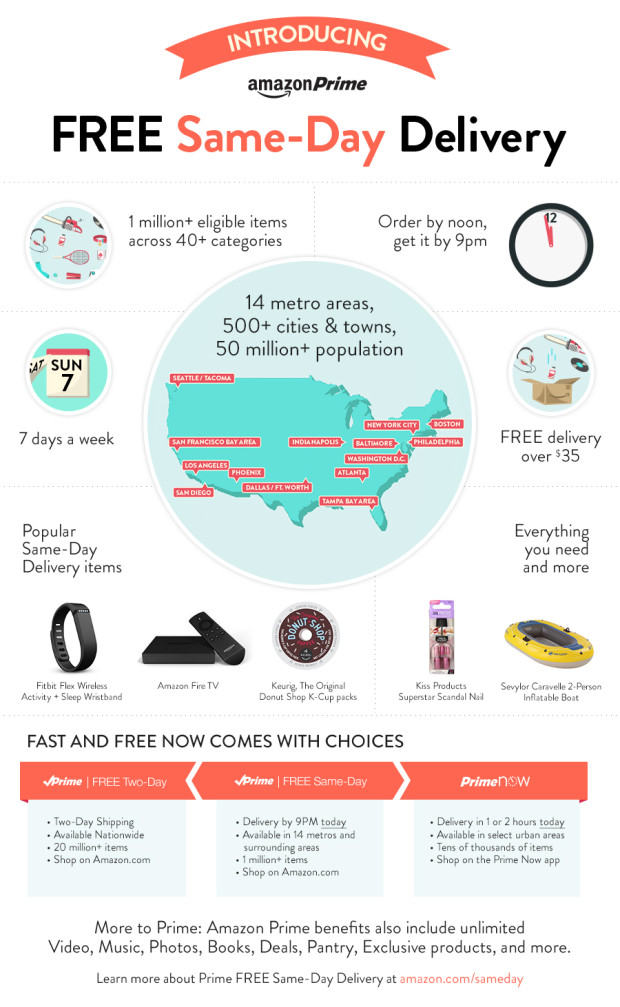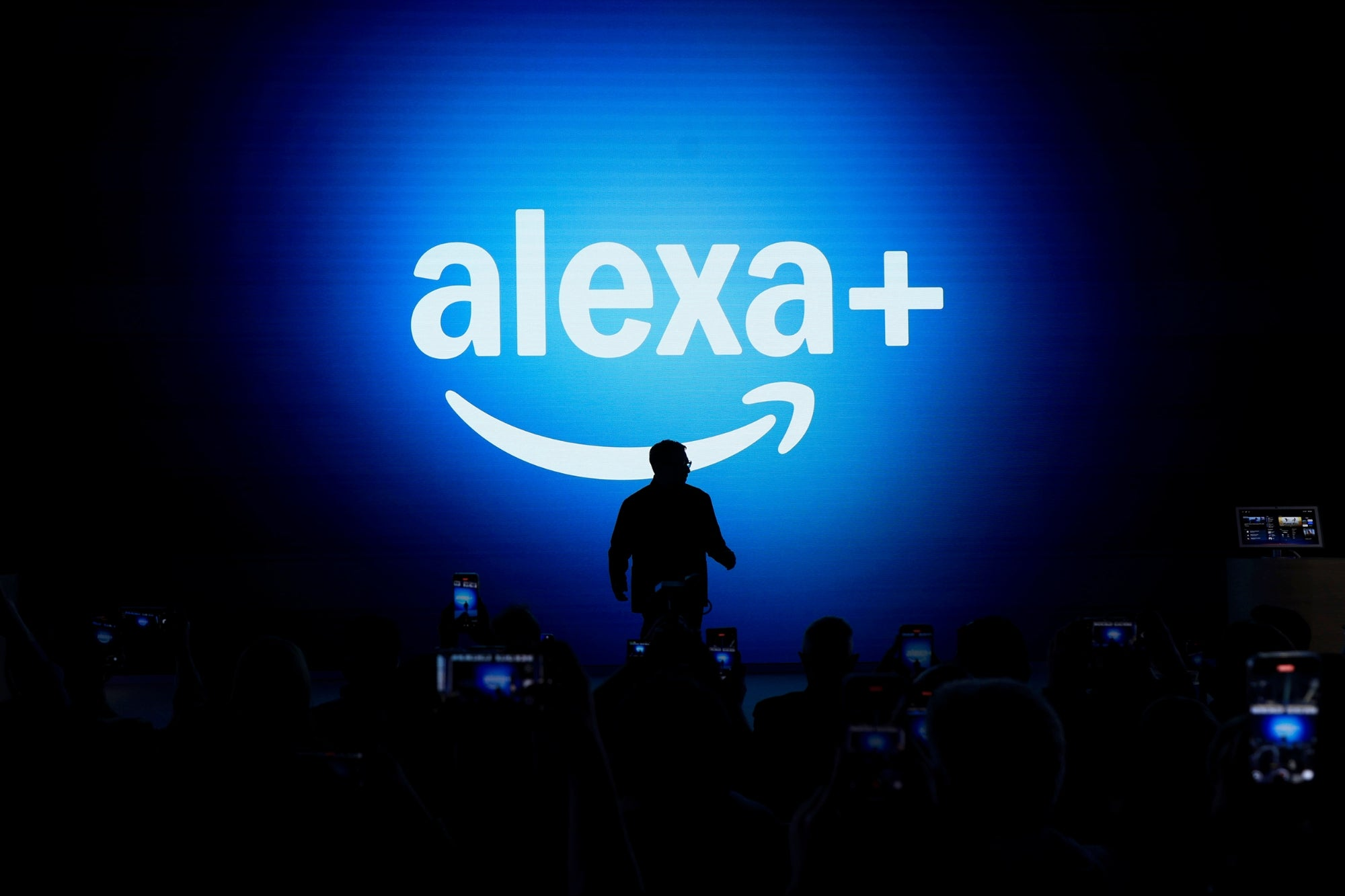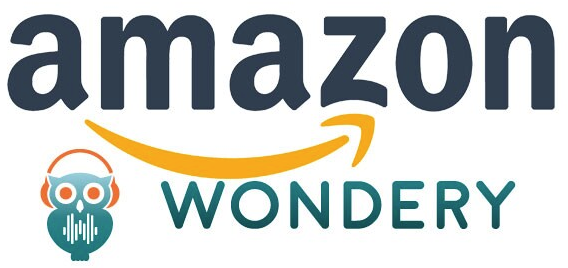Big Tech partnerships are shaping the landscape of innovation and competition in today’s digital economy. The recent Federal Trade Commission (FTC) report highlights the intricate relationships between major tech players and AI startups, raising vital questions about the implications of these collaborations. Notably, the Microsoft OpenAI collaboration has set a precedent, fueling a surge in generative AI technologies and challenging traditional business strategies in AI. However, concerns are emerging around how such alliances may impact competition, particularly regarding monopolistic behaviors that can stifle emerging innovation. As these tech giants continue to forge partnerships, it becomes crucial for regulators and consumers alike to scrutinize their influence on market dynamics and ensure a level playing field.
Collaborations among leading technology firms, commonly referred to as Big Tech partnerships, are reshaping how businesses leverage artificial intelligence. The latest insights from the FTC reveal the complexities of relationships between these corporate giants and nascent AI initiatives, highlighting potential risks to fair market practices. The synergy exemplified by the Microsoft and OpenAI alliance illustrates the transformative power of these partnerships, but also underscores broader implications for competition in the tech space. With major players like Amazon and Google also engaging in similar ventures, the discussion around business strategies in AI becomes increasingly relevant. It is essential to evaluate how these dynamics might influence the landscape for startups and innovation moving forward.
The Growing Influence of AI Startup Partnerships
AI startup partnerships have become a vital aspect of the technology landscape, primarily propelled by significant collaborations with established tech giants. These partnerships often leverage each other’s strengths, facilitating rapid innovation and development of cutting-edge AI solutions. Key players in this arena, such as Microsoft with OpenAI, showcase how these alliances can result in breakthrough technologies that redefine entire industries. Such collaborations are a double-edged sword, however, as they can lead to a concentration of power that raises concerns about market monopolization and competition.
The dynamics of AI startup partnerships are further complicated when considering the implications for emerging companies. For instance, while these collaborations can offer extensive resources and visibility, they may also create hurdles for startups by restricting their access to vital technologies or data. The recent FTC report has underscored the importance of examining these relationships carefully, suggesting that unchecked partnerships between big tech and AI startups could ultimately stifle innovation, rather than promote it.
Impact of Big Tech Partnerships on Fair Competition
The influence of Big Tech partnerships extends widely across the business sector, significantly impacting fair competition. With the advent of AI, companies like Amazon, Google, and Anthropic have formed strategic alliances that are reshaping the competitive landscape. The FTC’s report indicates that these relationships can lead to lock-in scenarios, hindering new entrants from accessing essential inputs required for innovation. As a result, the competition may be stifled, leading to fewer choices for consumers and potentially higher prices.
Moreover, the impact of these partnerships is magnified as they often combine resources, expertise, and market reach. For example, the collaboration between Microsoft and OpenAI not only propels their respective technological advancements but also affects how other companies position themselves. The FTC emphasizes that enforcement actions must be taken to address these complexities to ensure a level playing field in the market. If regulatory bodies fail to act promptly, the harmful consequences of consolidated power could resonate throughout the technology industry.
The Microsoft and OpenAI Collaboration: A Case Study
The Microsoft and OpenAI partnership serves as a pivotal case study in understanding the effects of Big Tech collaborations on the tech ecosystem. This relationship has catalyzed significant advancements in AI technologies, driving an acceleration of generative AI applications across various sectors. However, as highlighted by the FTC, this partnership raises important questions about fair competition and the monopolistic tendencies that can develop when one entity significantly outpaces its rivals due to access to superior technology and funding.
The implications of the Microsoft and OpenAI collaboration extend beyond innovation and product development; they influence business strategies in AI and reshape market dynamics. As newer startups strive to compete, they may find themselves at a disadvantage, lacking the resources and support that such an alliance can provide. Therefore, the ongoing scrutiny from regulatory bodies like the FTC is crucial in addressing these challenges and ensuring that the fundamentals of competition and fair market practices are not compromised.
The Role of Regulatory Bodies in AI Partnerships
The rapid evolution of AI technology calls for increased vigilance from regulatory bodies, particularly the FTC, which has taken a proactive stance in scrutinizing AI startup partnerships. The recent report underscores the necessity for clear guidelines surrounding collaborations in the tech sector, especially as they relate to competition and innovation. The FTC’s role is pivotal in balancing the need for advancement in technology with the imperative of maintaining fair market conditions.
Regulators are now tasked with the challenge of understanding complex AI partnerships and their potential impacts on competition. The FTC has emphasized that it is essential for policymakers to stay ahead of the curve, ready to intervene when partnerships threaten market integrity. As such, this ongoing dialogue between regulators and industry leaders is crucial to fostering an environment that celebrates innovation while safeguarding against anticompetitive practices.
Concerns from the FTC on Tech Giants’ Dominance
The FTC’s report raises substantial concerns regarding the dominance of tech giants and their partnerships with AI startups. It highlights how these collaborations can lead to an imbalance in the marketplace, where small companies struggle to gain traction against well-established players. As large firms harness their resources to form partnerships, they risk creating scenarios that inhibit newcomers from entering the market. This reported dominance could lead to fewer innovative solutions and a decline in competition.
Moreover, as tech giants continue to expand their influence through AI partnerships, the FTC’s vigilance becomes ever more critical. The concerns articulated by FTC Chair Lina Khan reflect a growing apprehension about the long-term implications of these partnerships on market diversity. By addressing these issues, the FTC aims to uphold a competitive environment that not only fosters innovation but also encourages fair opportunity for all businesses, particularly start-ups aiming to enter the AI landscape.
Navigating Business Strategies in AI
The intersection of business strategies and AI technologies presents unique challenges and opportunities for companies across various sectors. With the rapid proliferation of AI capabilities, businesses are re-evaluating their strategies to integrate these technologies effectively. This includes collaborations with AI startups, which can provide critical insights and advancements that enhance operational efficiency and consumer engagement.
However, as businesses adopt these strategies, the importance of ethical considerations and fair competition cannot be overstated. Companies must navigate a landscape where the potential for monopolistic behavior exists due to the advantages gained through partnerships with AI startups. Therefore, strategic planning must involve not only the pursuit of innovation but also a commitment to maintaining fairness in market practices to foster a sustainable competitive landscape.
The Future of AI-Oriented Partnerships
Looking ahead, the landscape of AI-oriented partnerships is poised for significant transformation. As the demand for AI solutions continues to escalate, the nature of collaborations between big tech firms and AI startups will evolve, encompassing new models and structures. Companies may find themselves forming more diverse partnerships aimed at addressing specific challenges, leveraging shared resources to catalyze innovation.
However, this evolving environment poses a dual challenge for regulators and industry stakeholders. As partnerships grow in complexity, there is an increasing need for careful oversight to ensure that competition remains robust and innovation is not stifled. Thus, building a future for AI-oriented collaborations that champions both innovation and fair competition will be paramount for the health of the tech ecosystem.
The Importance of Transparency in AI Collaborations
Transparency in AI collaborations stands as a cornerstone of fostering trust between big tech firms, AI startups, and regulatory bodies. As partnerships continue to proliferate, there is a pressing need for companies to adopt clear policies that outline how data and technologies are shared. This transparency can alleviate concerns over monopolistic practices and ensure that all players in the market have the opportunity to compete fairly.
Moreover, transparency fosters accountability, allowing regulators like the FTC to monitor partnerships more effectively. By demanding openness in these AI collaborations, the industry can work towards mitigating the risks identified in the FTC’s report. A transparent approach not only builds consumer trust but also encourages a more balanced and competitive environment, essential for the sustainable growth of the tech sector.
Adapting to Regulatory Changes in AI
As the AI landscape evolves, so too will the regulatory frameworks designed to govern the partnerships that shape it. Companies must remain agile, adapting to new regulations and guidelines that may emerge from bodies like the FTC. This adaptation is crucial, as it can determine how successfully a business can leverage partnerships with AI startups without running afoul of compliance issues.
Furthermore, proactive engagement with regulators can help companies navigate these changes successfully. By establishing open channels of communication, businesses can gain insights into regulatory expectations while also voicing their concerns about the potential impacts of new rules. Ultimately, fostering a collaborative relationship with regulators can pave the way for more sustainable and legally compliant business strategies in the AI domain.
Frequently Asked Questions
What are the main concerns regarding Big Tech partnerships and AI startups?
Recent FTC reports on tech giants highlight several critical concerns regarding Big Tech partnerships, especially with AI startups. These partnerships can lead to market lock-in, limiting competition and depriving smaller firms of essential AI resources, which may hinder innovation. The collaboration between Microsoft and OpenAI exemplifies both the potential benefits and risks associated with these alliances.
How does the Microsoft OpenAI collaboration illustrate the impact of AI on competition?
The Microsoft OpenAI collaboration is a key case that demonstrates the significant impact AI has on competitive dynamics within the tech industry. This partnership accelerated AI advancements, but it also raised alarms about creating monopolistic conditions. By consolidating resources and capabilities, such partnerships may reduce opportunities for smaller AI startups to compete effectively.
What implications does the FTC report on tech giants have for AI startup partnerships?
The FTC report on tech giants emphasizes the need for scrutiny over AI startup partnerships with major tech firms. It warns that such alliances could create an uneven playing field, as larger entities might absorb or overshadow smaller companies, reducing diversity in innovation. Policymakers are urged to monitor these partnerships to ensure fair competition in the evolving AI landscape.
What role do business strategies in AI play in the formation of Big Tech partnerships?
Business strategies in AI are crucial for forming alliances between Big Tech companies and startups. These strategies often involve resource sharing, joint innovation efforts, and market expansion, which can significantly boost capabilities. However, they also pose risks, as dominant firms may leverage these strategies to outmaneuver competition, potentially harming smaller players in the market.
How can partnerships among major tech firms undermine fair competition in AI?
Partnerships among major tech firms, such as those involving AI, can undermine fair competition by creating barriers for new entrants. The FTC warns that these collaborations can lead to data lock-in, limit access to critical technology, and potentially share sensitive information that disadvantages startups. Such practices threaten to stifle innovation and reduce consumer choices.
What actions are needed to ensure healthy competition in AI amid Big Tech partnerships?
To ensure healthy competition in AI amid Big Tech partnerships, vigilant regulatory oversight is crucial. Policymakers should enforce antitrust laws to prevent monopolistic behavior and promote transparency in partnerships. The FTC’s findings suggest an ongoing need to evaluate the competitive implications of these collaborations to ensure they do not hinder innovation and market access for startups.
| Key Point | Details |
|---|---|
| FTC Report on Big Tech Partnerships | The U.S. FTC has raised concerns about partnerships between major firms like Microsoft, OpenAI, Amazon, Google, and Anthropic. |
| Focus on AI Technologies | The partnership between Microsoft and OpenAI has been highlighted as a major factor in the current AI boom, raising issues of market domination. |
| Concerns Raised by FTC Chair | FTC Chair Lina Khan emphasized the need for vigilance against business strategies that threaten competition and innovation. |
| Risks of Lock-In for Startups | The report warns that partnerships can lead to lock-in scenarios that deprive startups of essential AI resources. |
| Impact on Fair Competition | The potential for sensitive information leaks from these partnerships could undermine fair market competition. |
Summary
Big Tech partnerships are increasingly scrutinized as they shape the landscape of innovation and market fairness. The FTC’s recent report raises significant alarms about the implications of partnerships among leading tech firms such as Microsoft, OpenAI, Amazon, and Google. With the rapid deployment of generative AI technologies, it is crucial for regulatory bodies to monitor these collaborations to prevent monopolistic practices and ensure that startups have a fair chance to compete. As firms navigate this dynamic environment, maintaining an open market will be essential for fostering innovation and preserving consumer choice.










